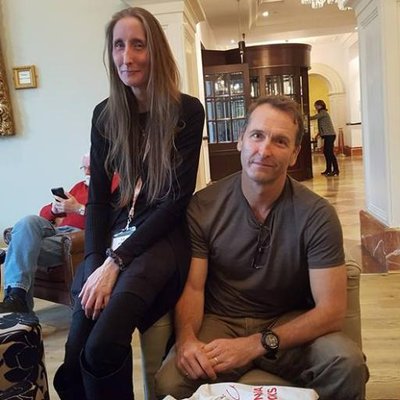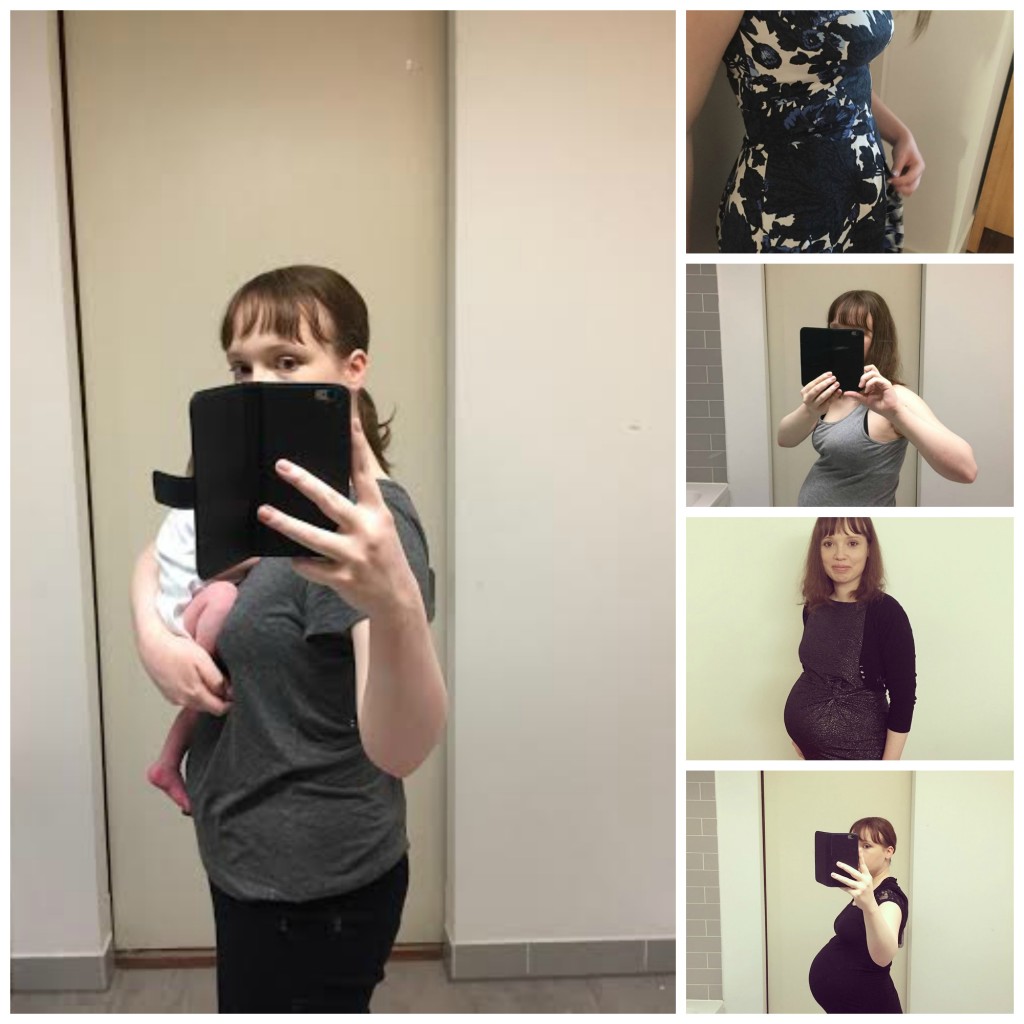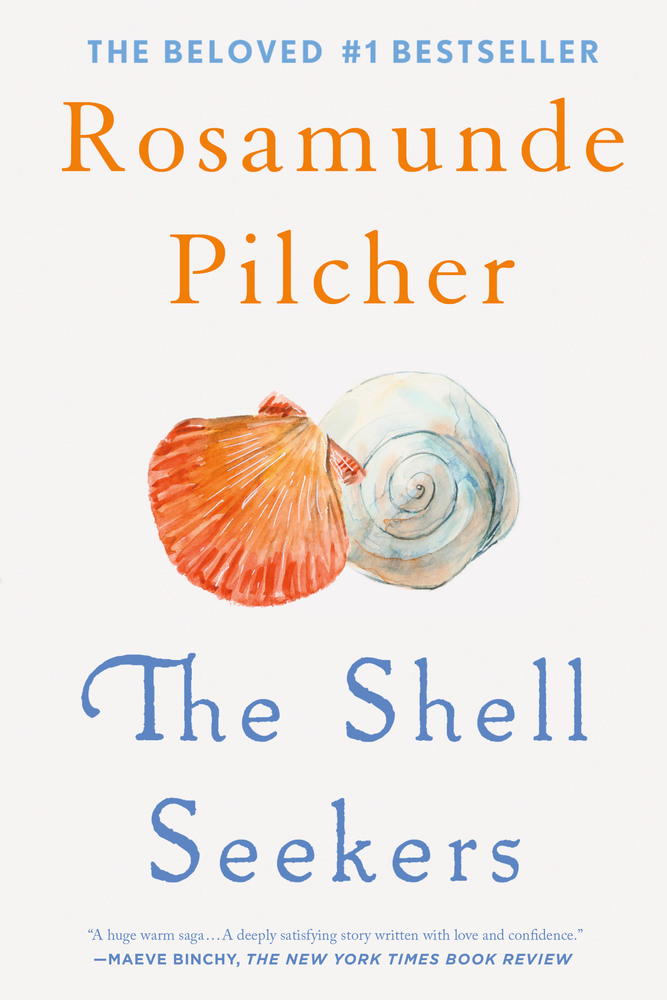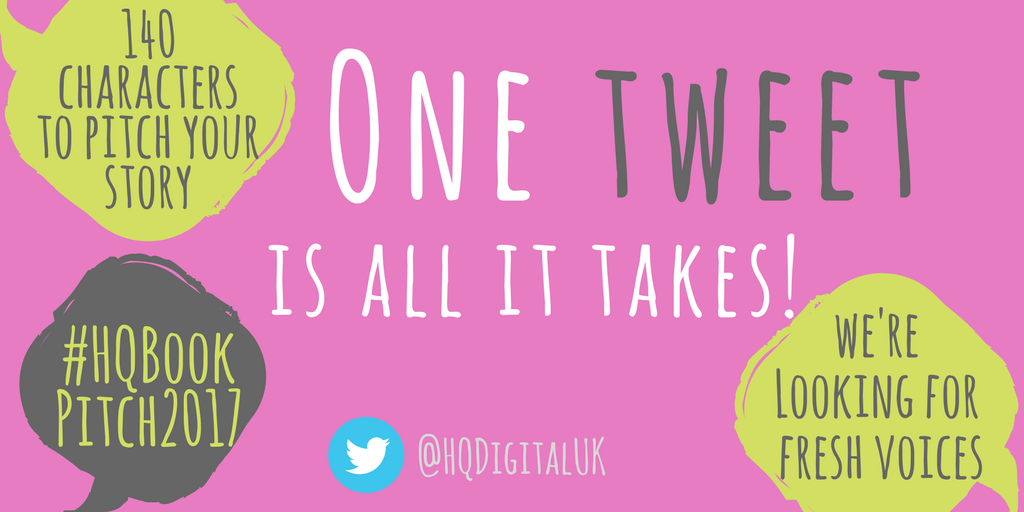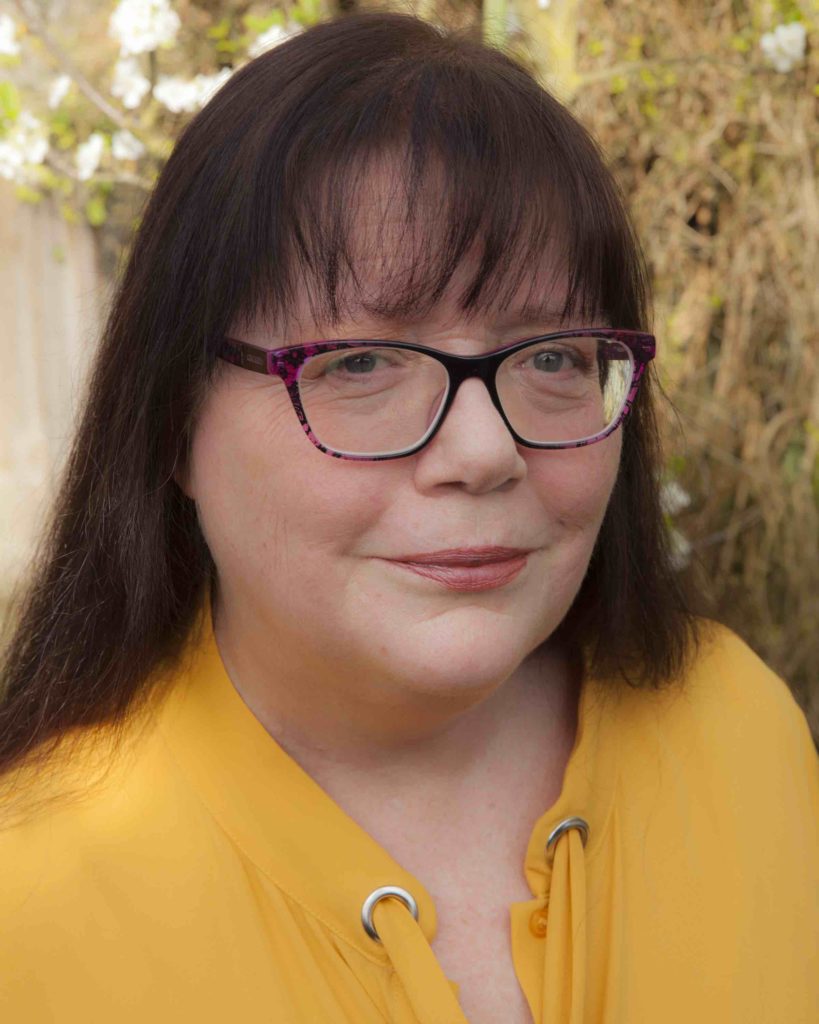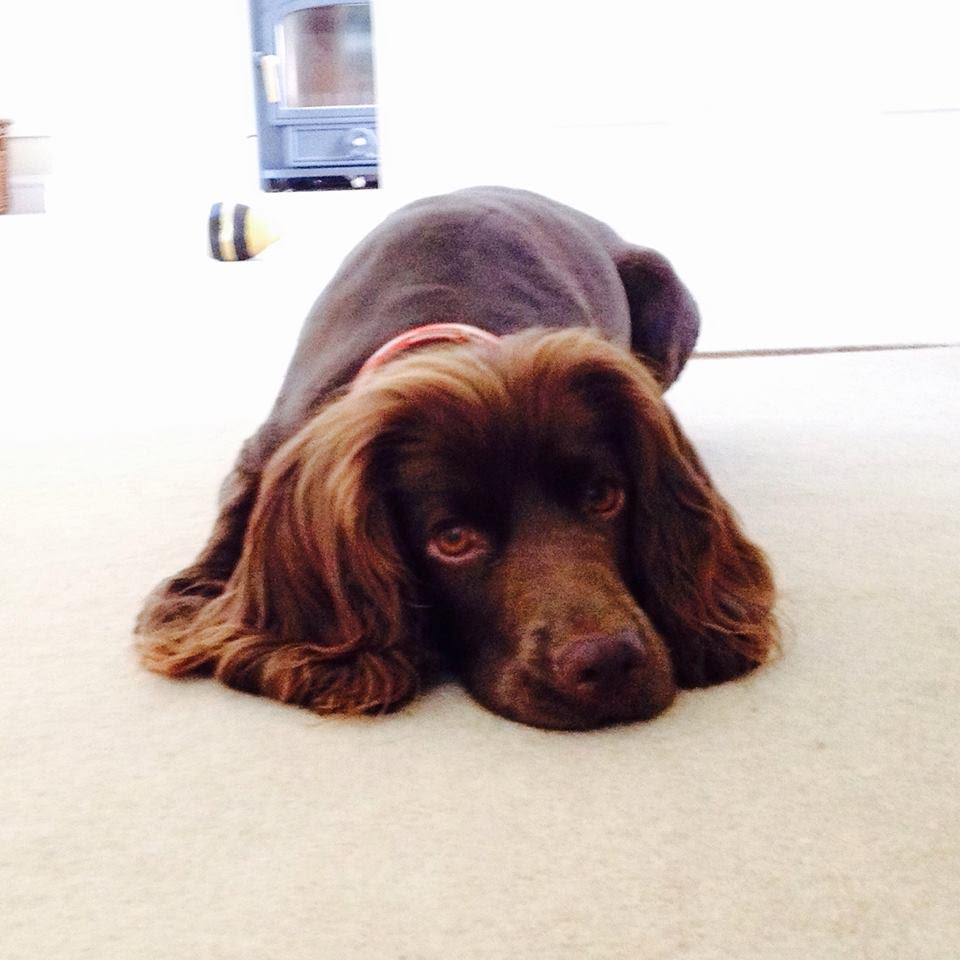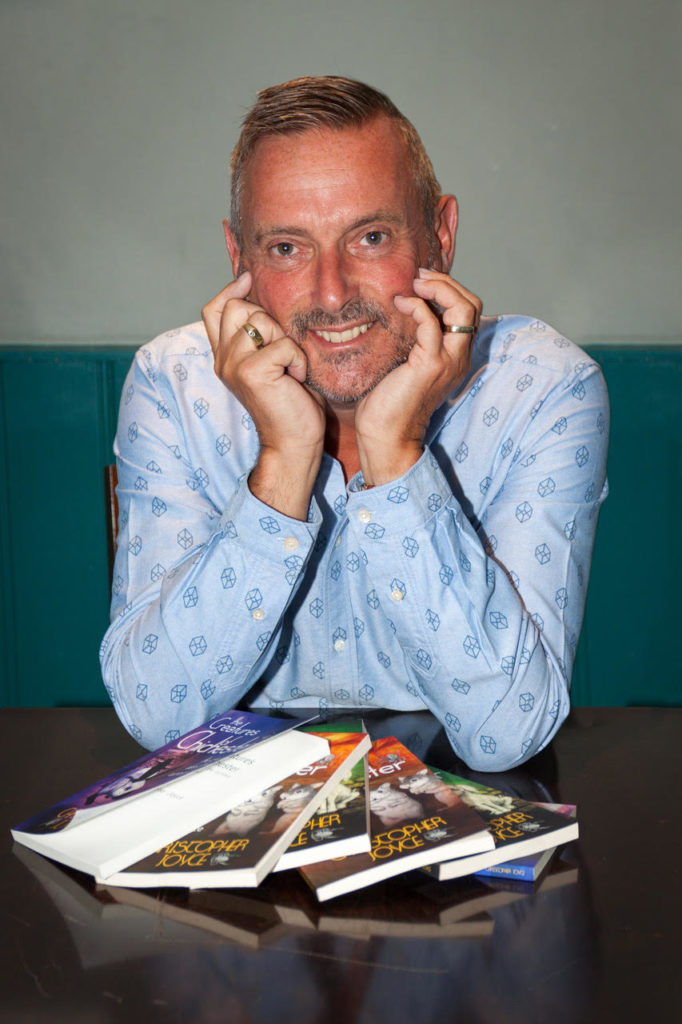 So The Cornish Writing Challenge 2017 is done and Frost wants to thank Vikki Patis for including us. Frost’s own Jane Cable and Catherine Balavage were two of the judges. Along with Vikki- of course, and Cornish author Angela Britnell. We are now proud to publish the winner: Christopher Joyce.
So The Cornish Writing Challenge 2017 is done and Frost wants to thank Vikki Patis for including us. Frost’s own Jane Cable and Catherine Balavage were two of the judges. Along with Vikki- of course, and Cornish author Angela Britnell. We are now proud to publish the winner: Christopher Joyce.
Christopher Joyce from Chichester in West Sussex has been a teacher, waiter, once made Venetian blinds and has worked in a steel works. He is best known for his series of children’s books, ‘The Creatures of Chichester’, where the city’s animals solve the problems created by the Twolegs living there. See www.creaturesofchichester.com for more information.
Read his excellent winning entry below.
Mama’s Gonna Float The Gypsum
“Hello, what service do you require?”
“All of them. Police, ambulance; there’s someone trapped in the car. Maybe fire brigade. I dunno – send them all!”
I slammed down the phone after giving my directions and threw up in the phone box. I was amazed it was still working as locals had turned it into a mini library. Thank God I was able to get through.
The stench of petrol filled the air mixing with the musty smell of autumn. They’d be here soon.
Breathe, relax.
It had started out quite a normal sort of day. I’d had a delicious lunch at the Waterside restaurant in Flushing, opting for the catch of the day as always. The plan was then to go for a walk along Trefusis Point. We had a lot to talk about.
Kelly was late. She was always bloody late. It drove me mad. After university we’d moved down to Cornwall to run a small pub. It failed miserably in the recession of 2017, but if I’m honest it would have failed anyway. We just didn’t want the same thing anymore. We tried running a mobile coffee shop that toured the festivals, which just drove us even further apart. Being with Kelly twenty-four hours a day was not the answer to resolve our differences.
I checked my watch. 2:35, Where the hell was she? The waiter brought me the dessert menu for the fifth time and I once again pushed it aside. He looked offended. Well, tough. Get over it. I’ve got more to worry about than your tip pal. He muttered to his manager and I wanted to go over and punch him in the face there and then. I counted to ten. Breathe, relax. That’s what the anger management person had taught me. She was as useful as a chocolate teapot. Kelly loved her of course. In fact it was Kelly’s idea. Typical of her new found, hippy-dressing, cosmic-ordering sort of view on life.
The spotty chinned waiter returned again. This time with a piece of paper folded in half. “There’s a message for you, sir,’ he said. I didn’t like the way he stressed the word sir, but I let it go. Another whinging apology from Kelly, no doubt. I opened it and read:
Mama’s gonna float the gypsum.
What sort of bollocks was that? I turned it over and even held it up to the light, half expecting to see a message from Kelly written on the other side, but that’s all it said. Mama’s gonna float the gypsum. Was she playing stupid games? We’d arranged this meeting weeks ago, after endless blocked text messages and unanswered calls she’d agreed to stroll around the headland to talk things through. I bet one of her trendy therapists had put her up to this. I could hear them whispering in her ear. Challenge him. Surprise him. They made me sick.
I didn’t have time for these stupid games. I had to get back to the garden centre. It’s not that I was the boss or anything, but since the break up I’d found some peace amongst the clematis and hydrangeas. I seem to remember that gypsum was a plant food of some sort. It was supposed to improve acid soil. Was she trying to make a reference to my work? That would be typical. She never wanted me to be successful. Ever since I got a first at uni and she got a Desmond. She hated me referring to her 2:2 like that. Yes, she’d studied soil sciences. I bet it’s something to do with that.
Or maybe it’s an anagram? When we first met we’d spend hours in bed going through the puzzle page in the local paper. I rummaged through my backpack for a pencil. There were so many zipped pockets. Why was it always the last one you looked in? I checked my mobile phone in vain. Still no sign of life. I shoved the half eaten peppermints and loose change back into the bag and drew a circle on the piece of paper. I arranged the letters in a random order around the circle. It’s just the sort of thing Kelly used to do. Oh God, I’ll be worshipping bloody crystals next.
After ten minutes of scratching my head. Nothing. Not a Scooby. I stormed out of the restaurant and headed for the woods. It was only when I was half way to the beach that I realised I hadn’t paid my bill. Well, sod him. He shouldn’t have brought me her ridiculous note in the first place.
I pulled up the collar of my down jacket as the ferry from Falmouth spewed out the last remaining emmets with their selfie sticks and iPads already in their hands. I strode on into Kilnquay Woods kicking up the beech mast and relaxing a little as the smell of pine needles and salty sea air filled my lungs. Before long I was clambering along the rocks on the shore line towards the cave where Kelly and I had frolicked in better days. My shoulders relaxed and I undid my jacket. The beach always had this effect on me. I felt at home. I pulled out the scrap of paper from my jacket and read the message again. Mama’s gonna float the gypsum. Was it an old folk song? I vaguely remember a school trip to a gypsum mine in Redruth. Were there once shanty songs sung by full-bosomed lasses as they loaded the gypsum on to boats bound for distant lands? I doubted it.
The sun was dipping below the horizon when I left the shore. The views of Falmouth across the crystal clear water and the sight of kids searching the rock pools for crabs had lifted my spirits. I didn’t care what the note was supposed to mean. I had to admit that although she drove me mad at times I still could not get her out of my head. I decided to stroll back into town and have a long cold pint of Gold Cyder at the Seven Stars.
The cold, golden liquid cleared my mind and I felt the happiest I’d been in months. It was time to put the past behind us and start again. I was on my second, or maybe third pint when I heard the screech of brakes followed by the unmistakeable thud of metal crushing bones. I leapt to my feet knocking the table and half finished cider on to the floor.
‘For God’s sake call an ambulance,’ I screamed at the top of my voice. Nobody moved. The red-headed barmaid continued to flirt with the young men at the bar. The family of four by the door carried on ignoring each other with their eyes glued to their mobile phones. The guys playing darts chalked up another score.
I ran out into the street alone. A woman’s body was crushed in the front seat of the mangled Fiesta. Just her legs with torn tights covered in blood were visible though the smashed windscreen. Another body was slumped beside her, a male in his late twenties, clearly dead at the scene. A young girl pushed her bike down the street as a lady in her later years nervously crossed the road hugging an ugly pug to her chest.
For Christ’s sake what’s wrong with these people. I dashed to the phone box hoping beyond hope that it was still working. It was piled high with books; there was a laminated note stuck to the wall.
This phone box was decommissioned in 2014. Please help yourself to these books dedicated to Kelly and Simon Edgerton, dear to this village. New books are added on a regular basis. This month:
Mama’s Misbehaving (not suitable for children) J Stone
Gonna Make You Mine (young adult) Kay Littleham
Float Fishing for Pike. S B Carter
The Gypsum Mines in the UK Andy McNarble


